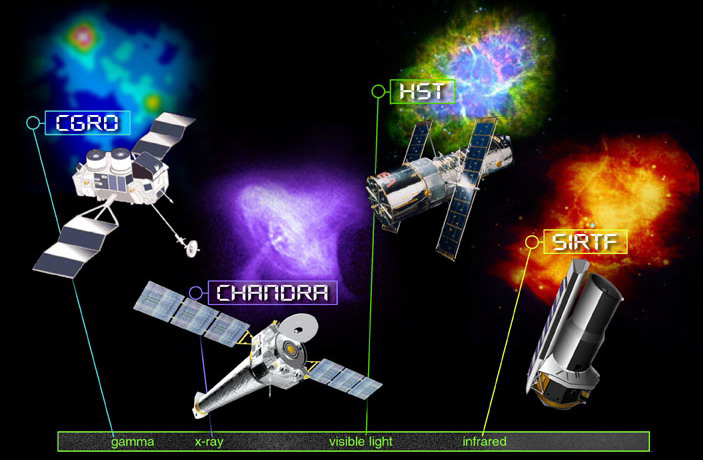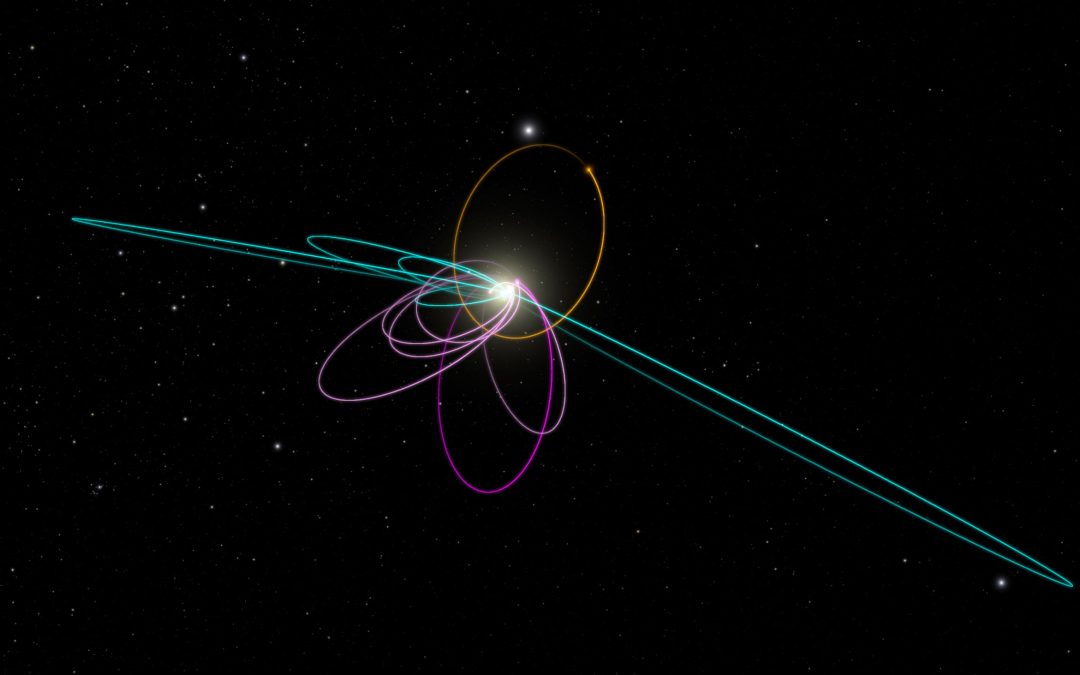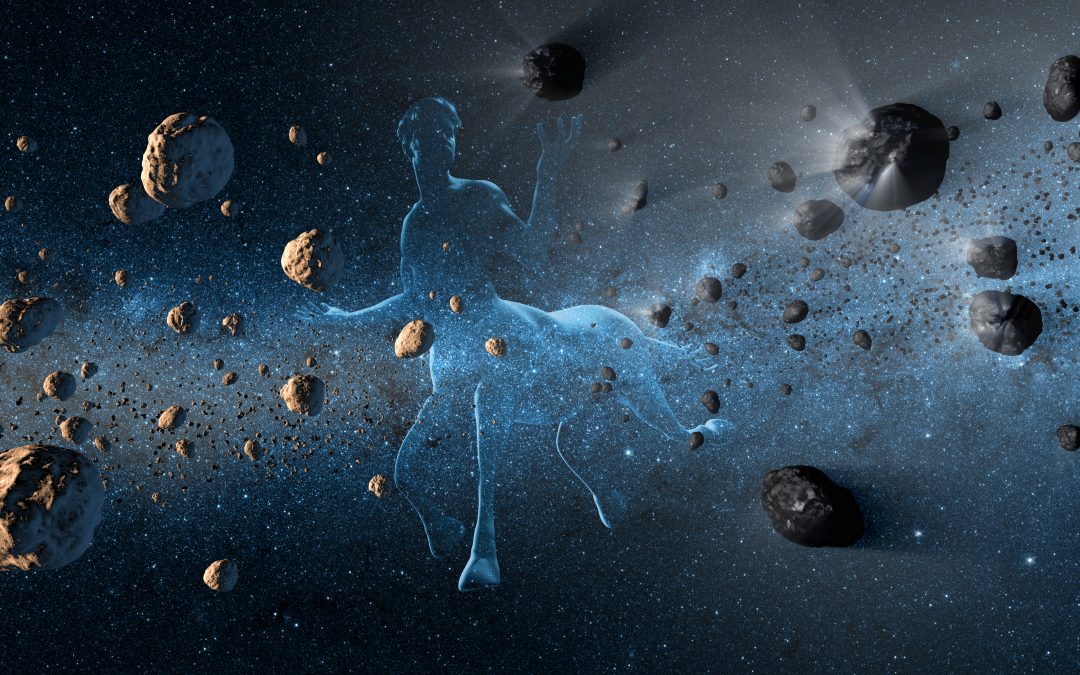Funding for basic science has always been tricky business, coming mainly from universities, government, companies, or wealthy individuals, but who knows how many fascinating discoveries were never made because of a lack of funding? We now live in an era where regular people can come together to find scientific discoveries.











